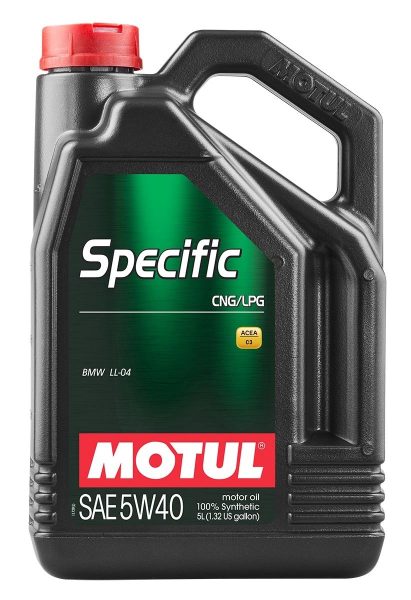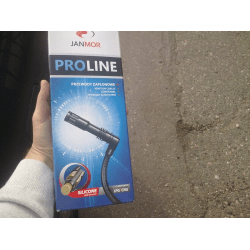
What oil for an LPG engine?
After installation gas installation is it worth changing the engine oil to a special one designed for engines running on liquefied petroleum gas? The shortest answer would be: Change of oil mainly not necessary, but use of oils tested for compatibility with gas units will always be the best solution.
Some people think that the words "LPG" or "GAS" on motor oil packaging are just a marketing ploy. But it is not so.
On the one hand, in fact high grade oilsthat meet the stringent standards set by engine manufacturers must also work successfully with LPG engines. However, on the other hand, you should be aware that an engine that runs on a gas mixture, and not on gasoline, works in other, more difficult conditions... In theory, we can imagine a situation where an oil that meets only the minimum requirements of a gasoline engine manufacturer will not be able to cope with a gas engine. First of all, you should choose products of well-known brands that are checked and recommended by users, for example Elf, Castrol , Liquid moly, shell or Orlen.
The temperature in the engine running on LPG is higher
The main difference is that the temperature of the flue gases in the engine is higher than the combustion temperature of gasoline.
During combustion, gas requires more air, but, unlike gasoline, it does not change its state of aggregation in this process, and, therefore, it doesn't get cold... This increases the temperature in the combustion chamber and the gas burns more slowly than gasoline.
Higher temperaturewhich remains in the engine for a long timenot beneficial to the engine. Under these conditions, more oil can be consumed and evaporated.
This is also reduced the effect of some oil additiveswhich must have, for example, cleaning and anti-corrosion properties. Neutralizing them will leave more debris in the engine.
According to the standards, LPG can contain up to 5 times more sulfur than unleaded gasoline, and the engine oil wears out faster under these conditions. That is why some experts recommend changing the oil in engines with a gas installation more often than in others. This may be appropriate oil change not every 12, but every 9-10 months.
What is LPG oil?
Okay, but back to the title question. Should this more frequent change be applied to oil specially designed for gas-powered engines?
Well, the oil we choose does not have to be specifically designed for LPG, but it is better that its description contains information that can also be used for gas system.
This information can be found among other things on oils Elf Evolution 700 STI (semi-synthetic) and LIQUI MOLY Top Tec 4100 (synthetic). Oils adapted for gas engines generally contain more neutralizing additives acid residues from the combustion of low-quality gaseous fuel.
If we focus on an oil, the manufacturer of which does not report cooperation with LPG engines, we must take this into account. SAE grade oils or betterbased on light ether technology. However, these should not be "low resistance" oils, so-called fuel economy. Low resistance oils tend to moisture absorption... Meanwhile, LPG emits a large amount of water vapor when it burns. As a consequence, an oil filter that is too “thick” can be obtained, which will not benefit the engine.
Photos Nokar, Castrol

One comment
anonym
That LPG contains sulfur?
I must be in another world.